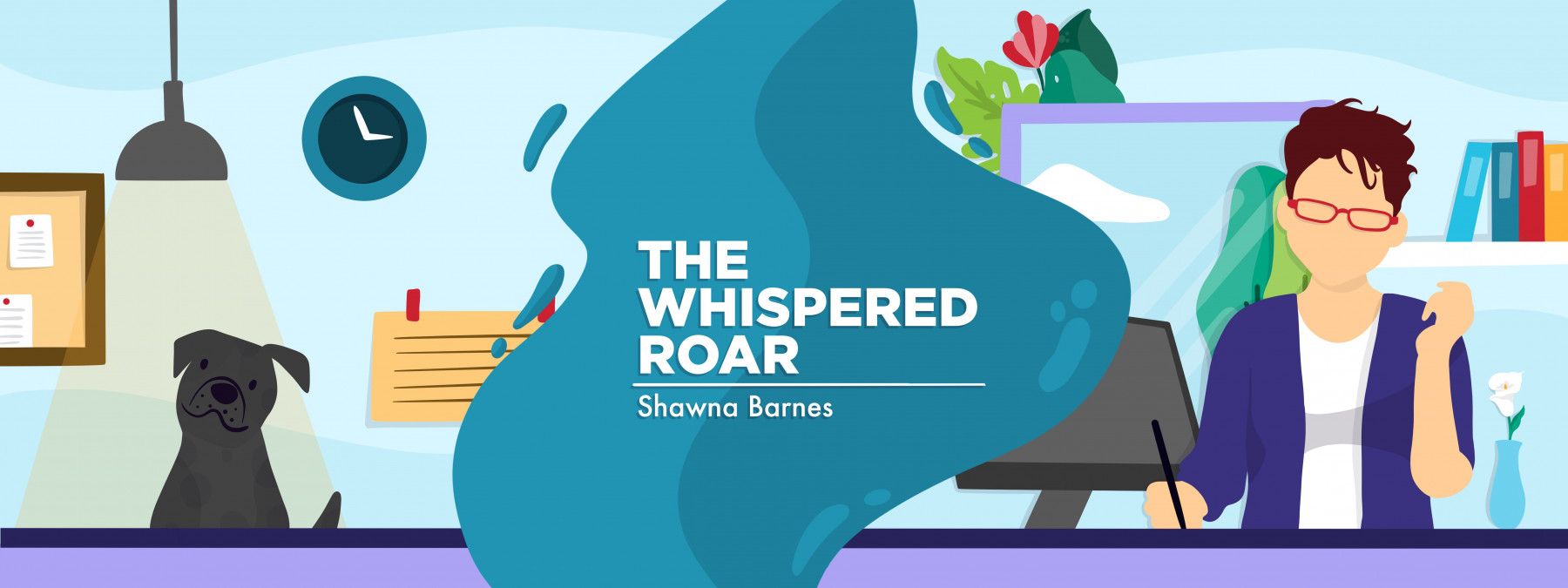The day an accident changed our family caregiver dynamic
How to manage a relationship in which both partners need care
Written by |

What do you do when you are awakened by your son telling you that a dead tree just fell on his stepdad’s head?
For me, a switch flipped, and I went into medic mode, something I hadn’t engaged in for years. Yet I returned to it in a split second when it was needed. As a combat medic with a deployment to Iraq under my belt, assessing trauma had become second nature to me.
One day in mid-July 2016, I was taking a nap. I hadn’t been diagnosed with myasthenia gravis yet and was having some issues with fatigue. My husband, Justin, was planning to clear some dead trees around the house. For whatever reason, he took my son, Caden, out with him.
Justin wore a logging helmet, which along with his history of strength training, likely saved his life that day. The dead tree he was cutting down hit another tree, and after a series of unfortunate bounces, sprung back and hit him square on the head. He never lost consciousness, but that day, he lost his old self.
On that day, our roles as caregiver and care receiver were reversed. I had to take care of him. He doesn’t remember six months after the accident. It was a solid year before he truly got the care he needed and a diagnosis of traumatic brain injury. That was a hard year.
Switching roles
What do you do when you have an unidentified rare disease that has caused significant disability and your spouse becomes the one needing care? Trying to find a balance between stepping up to take care of him while taking care of myself was difficult.
I became the caregiver to a person who didn’t realize that he needed one. Justin slowly came to accept that the accident had lasting consequences. Begrudgingly, he acknowledged that sometimes he needed help.
Over the years, he has come to accept that who he is now isn’t the person he was before the accident. We have created a delicate balancing act in terms of accepting limitations and pushing boundaries with the goal of continuous improvement. We’ve been lucky that neither of us has been flaring or requiring care at the same time.
That’s not to say that we haven’t had bad days at the same time. It’s just that the bad days were managed well enough to allow us to support each other. I think this is the most difficult part about being in a relationship where both people have disabilities. It’s about finding a balance that allows for growth, decline, and the roller coaster in between.
Traumatic brain injury
According to the Brain Injury Association of America, March is Brain Injury Awareness Month. Like myasthenia gravis, no two brain injuries are the same. Justin experiences things like vocal changes (dysarthria), brain fog, selective amnesia, trouble finding words and articulating them (dysphasia), the silencing of his internal voice, mood changes, and cognitive processing changes.
There are days you’d never know he has a disability. And there are other days when the lasting effects of his brain injury are quite evident.
Finding support
If you or a loved one are a caregiver to someone with complex health needs, reach out to find a support system or network that works for you. For some, this might involve faith, while for others, it might be online support groups or social media.
Still others choose to go it alone. If you are one of them, please know that you don’t have to be. Justin and I couldn’t find a group that we were comfortable with so we’re creating our own.
Throughout the years, we’ve learned what works for us. It took trial and error, open and honest communication, and a willingness to be vulnerable. It’s unquestionably hard. But for me, it’s worth it.
Note: Myasthenia Gravis News is strictly a news and information website about the disease. It does not provide medical advice, diagnosis, or treatment. This content is not intended to be a substitute for professional medical advice, diagnosis, or treatment. Always seek the advice of your physician or other qualified health provider with any questions you may have regarding a medical condition. Never disregard professional medical advice or delay in seeking it because of something you have read on this website. The opinions expressed in this column are not those of Myasthenia Gravis News or its parent company, Bionews, and are intended to spark discussion about issues pertaining to myasthenia gravis.




Leave a comment
Fill in the required fields to post. Your email address will not be published.